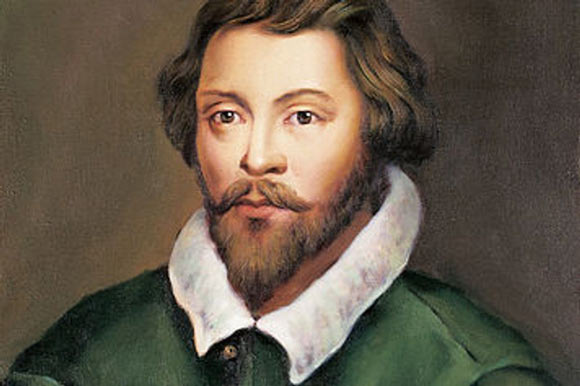- Life and Background: William Byrd was born in London, England, around 1540. He lived during the Elizabethan era, a period of great cultural and artistic flourishing in England.
- Education and Training: Byrd received his early musical education as a chorister at St. Paul’s Cathedral. Later, he studied under Thomas Tallis, another prominent English composer of the Renaissance period.
- Royal Appointments: Byrd held several prestigious positions throughout his life, including being appointed as a Gentleman of the Chapel Royal by Queen Elizabeth I in 1572.
- Catholic Faith: Despite living in a time of religious upheaval, with England transitioning from Catholicism to Protestantism, Byrd remained a devout Catholic throughout his life. This led to some tensions and challenges, as Catholicism was suppressed in England during this period.
- Musical Output: Byrd was an incredibly prolific composer, known for his sacred choral music, as well as his secular vocal and instrumental compositions. He wrote masses, motets, madrigals, keyboard music, and consort music for various instruments.
- Collaboration with Tallis: Byrd collaborated closely with Thomas Tallis on various musical projects. They were granted a joint monopoly on music printing in England, which allowed them to publish and profit from their compositions.
- Innovation in Music: Byrd was an innovator in his use of harmony and counterpoint. His compositions often showcase intricate polyphony and expressive harmonies, blending elements of Renaissance and early Baroque styles.
- Catholic Underground: Despite the risks associated with practicing Catholicism in Protestant England, Byrd continued to compose music for Catholic liturgical use. His compositions provided solace and spiritual nourishment to English Catholics during a time of persecution.
- Legacy: Byrd’s music has had a lasting impact and continues to be performed and admired today. His compositions are cherished for their beauty, complexity, and emotional depth.
- Lasting Influence: Byrd’s influence extended beyond his own time, inspiring later composers such as Henry Purcell and even into the 20th century with composers like Ralph Vaughan Williams, who edited and arranged some of Byrd’s works.
William Byrd’s life and music offer a fascinating glimpse into the rich tapestry of England’s musical history during the Renaissance period. His devotion to his faith, his mastery of composition, and his enduring legacy continue to captivate musicians and audiences alike.

Comments are closed